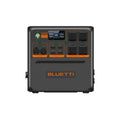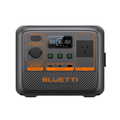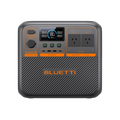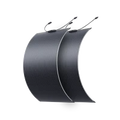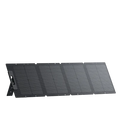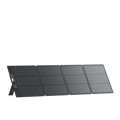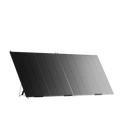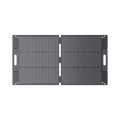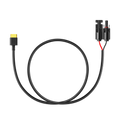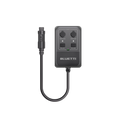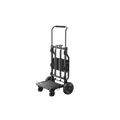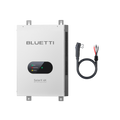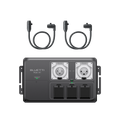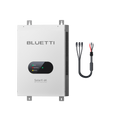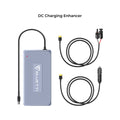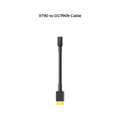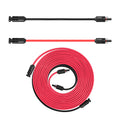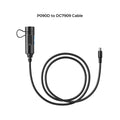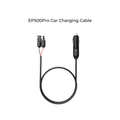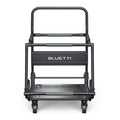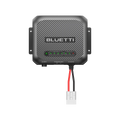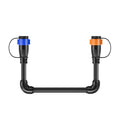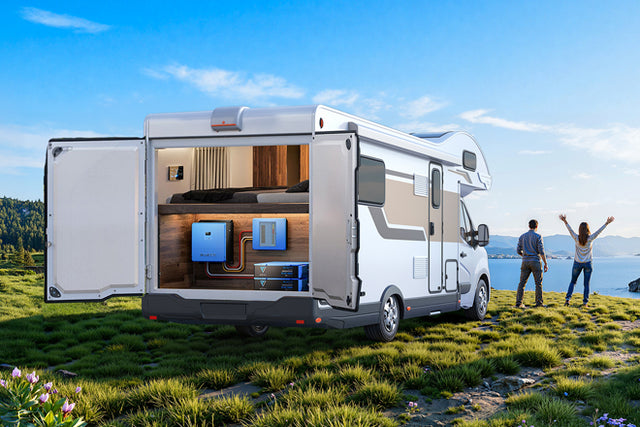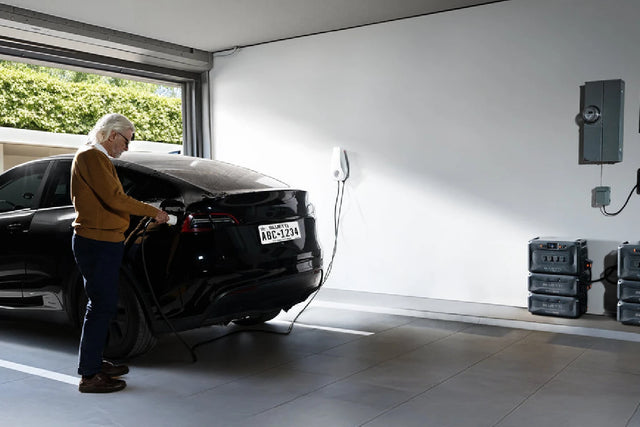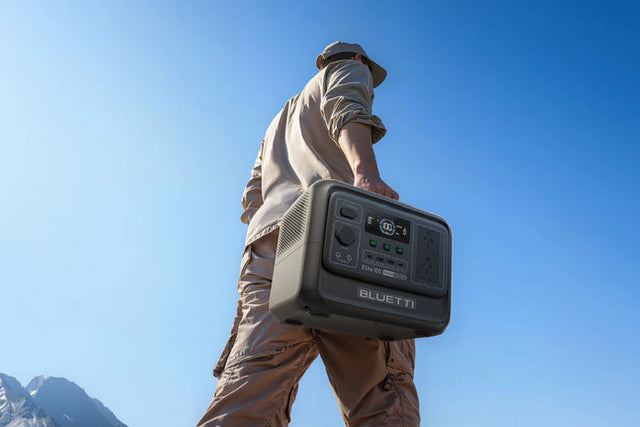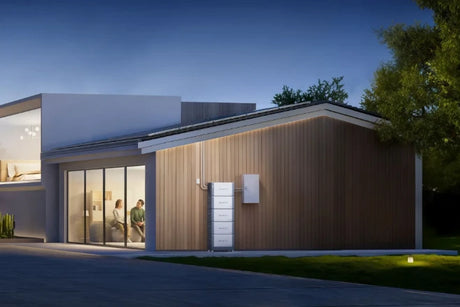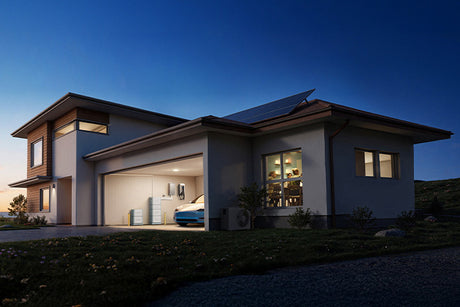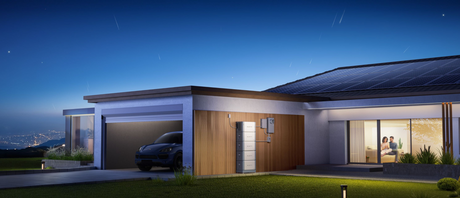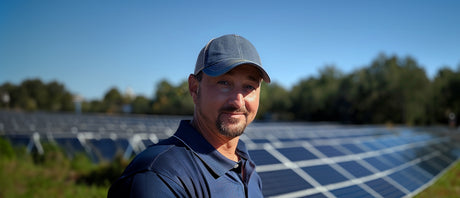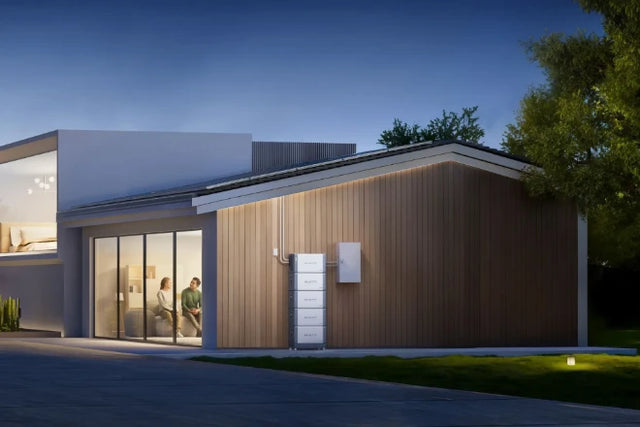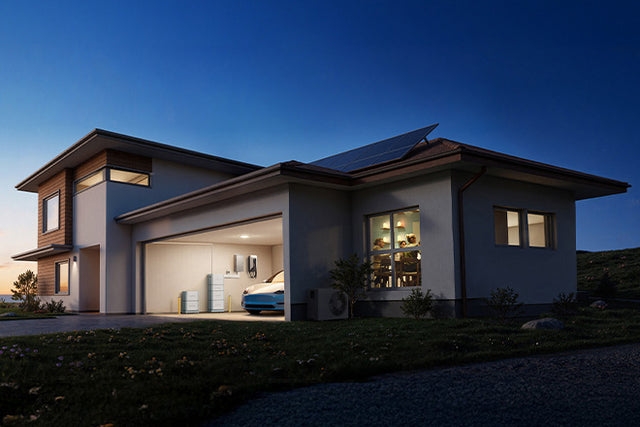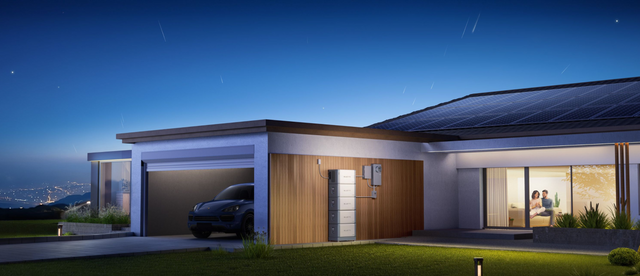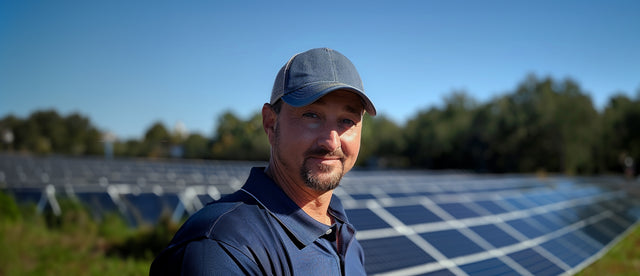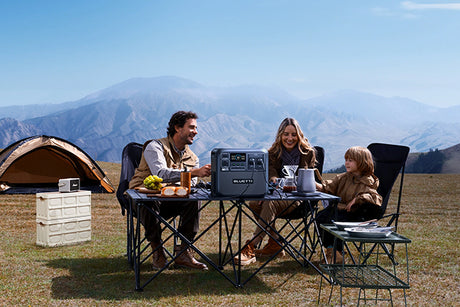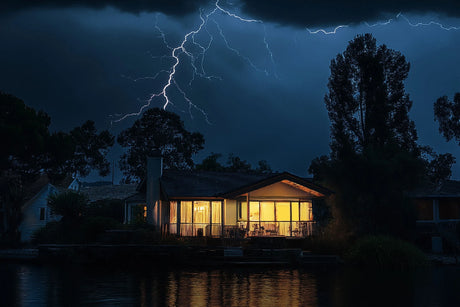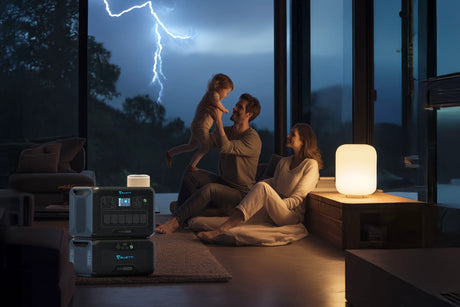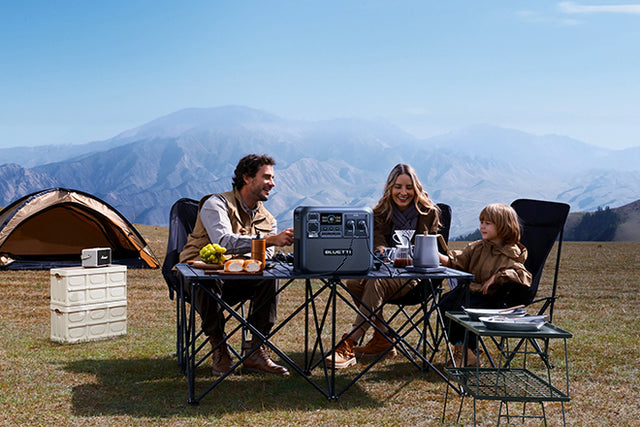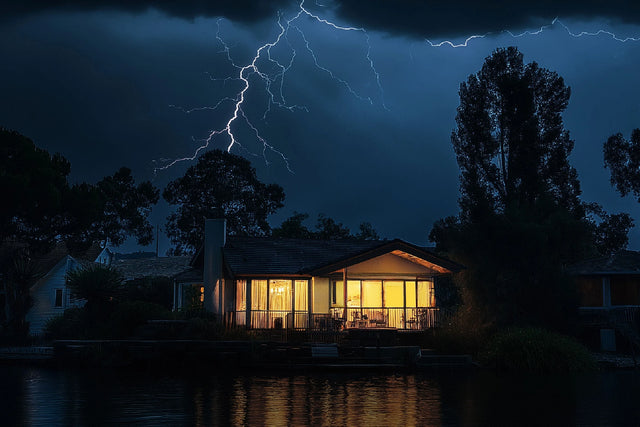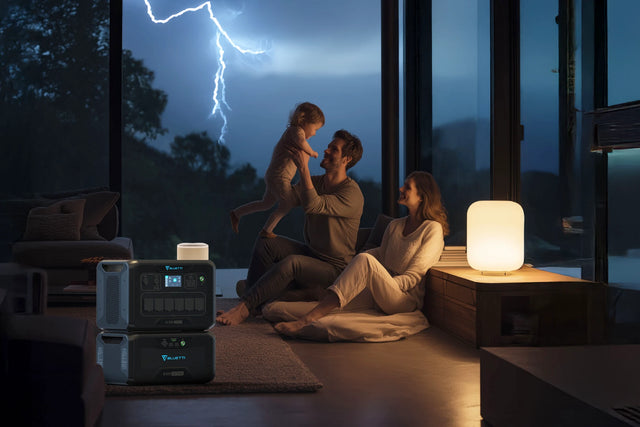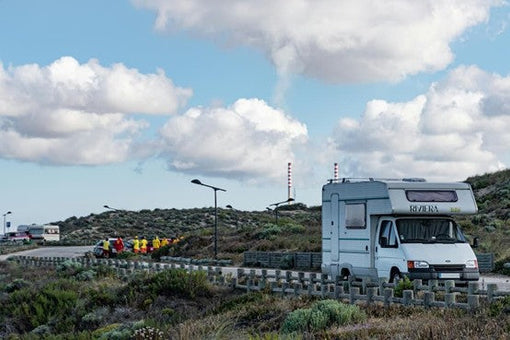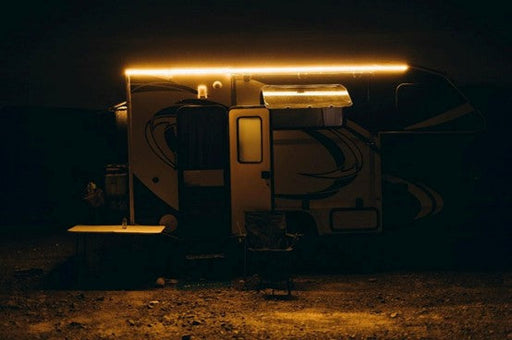As we enter into the hot summer months, many people are turning to portable air conditioning units to keep their homes cool and comfortable. These convenient devices offer a quick and easy solution for cooling a room, but many users are left wondering: can you leave your portable AC on when you're not home? This is an important question to consider as it not only affects your energy bill, but also the overall lifespan and efficiency of your portable AC. In this article, we will explore the pros and cons of leaving your portable AC on when you're away from home and provide some helpful tips for maximizing its effectiveness.
I. Factors to Consider Before Leaving Your Portable AC On
Leaving your portable AC on when you're not home may seem like a convenient solution to come back to a cool and comfortable house. However, before making this decision, there are several factors to consider to ensure the safety and efficiency of your portable AC unit.
A. Type of Portable AC UnitThere are two main types of portable AC units - single hose and dual hose. Single hose units do not require any exhaust ducting, while dual hose units have separate air intake and exhaust hoses. It is important to consider the type of unit you have before leaving it on unattended. Single hose units tend to recycle the same air, which can cause the room to get stuffy and humid over time. Dual hose units, on the other hand, have a more efficient cooling process and are better suited for longer periods of use.
B. BTU OutputBTU (British Thermal Unit) is the measure of the cooling capacity of an AC unit. The higher the BTU output, the more energy it consumes and the more powerful cooling it provides. Before leaving your portable AC on, make sure to check its BTU output and make sure it is appropriate for the size of your room. Running a high BTU unit in a small room can lead to excessive cooling and energy wastage.
C. Home InsulationThe level of insulation in your home can also affect the efficiency of your portable AC. If your home is well-insulated, the cool air will stay inside longer, thus reducing the workload on your AC unit. However, if your home is poorly insulated, the cool air can easily escape, making it harder for the AC to maintain a comfortable temperature. Consider the insulation of your home before leaving your portable AC unattended.
D. Outdoor TemperatureThe outdoor temperature can also play a significant role in the performance of your portable AC. If the temperature outside is moderate, your AC will not have to work as hard to cool the room. However, on extremely hot days, your AC will have to work overtime, leading to increased energy consumption and wear and tear on the unit. It is best to avoid leaving your portable AC on for long periods on days with extreme temperatures.
E. Duration of AbsenceThe duration of your absence is an essential factor to consider before leaving your portable AC on. If you are only going to be away for a few hours, it might be more energy-efficient to turn off the AC and turn it back on when you return. However, if you are going to be away for an extended period, leaving your AC on may prevent your home from becoming excessively hot and muggy, which can cause damage to furniture and other belongings.
there are several crucial factors to consider before leaving your portable AC on when you're not home. It is essential to assess the type of unit, BTU output, home insulation, outdoor temperature, and duration of absence to ensure the safe and efficient operation of your portable AC unit. By taking these factors into account, you can make an informed decision on whether to leave your AC on or not when you're away, ensuring a comfortable and energy-efficient home.

II. It is generally not recommended to leave your portable AC on when you are not home.
Leaving your portable air conditioner on while you're not at home may seem like an unnecessary expense, but it can actually provide several benefits that make it worth considering. One of the main benefits is maintaining a comfortable indoor temperature. This is especially important for the elderly and young children who may have a harder time regulating their body temperature. By keeping the AC on, you can prevent them from getting too hot or too cold, which can lead to health issues such as heat stroke or hypothermia.
In addition, leaving your portable AC on can also help with air quality in your home. When the AC is turned off, stagnant air can become a breeding ground for mold and mildew. This can lead to respiratory issues and allergies, especially for those who are sensitive to these allergens. By keeping the AC running, you can maintain air circulation and prevent the growth of these harmful substances.
Furthermore, leaving your portable AC on can also contribute to energy efficiency in your home. Many portable AC units come with energy-saving features such as timers, sleep mode, and temperature sensors. These features help regulate the AC's usage and conserve energy, ultimately leading to cost savings on your energy bills.
Some may argue that leaving the AC on all day while you're not at home will result in excessive energy usage and higher bills. However, this is not necessarily true. According to the Department of Energy, it is more energy-efficient to leave your AC on at a consistent temperature than to turn it off and then lower the temperature when you come back. This is because the AC has to work harder to cool down a room that has been heated up by the natural elements without any regulation.
Another benefit of leaving your portable AC on when you're not home is that it can prevent any unexpected temperature changes in your home. For example, if you leave your AC off and the temperature outside suddenly rises, your home can become an uncomfortable and potentially dangerous environment for pets, plants, and any sensitive items such as electronics or artwork. By keeping the AC on, you can ensure that your home stays at a consistent and comfortable temperature.
leaving your portable AC on when you're not home can provide several benefits, including maintaining a comfortable indoor temperature, improving air quality, and promoting energy efficiency. With the help of energy-saving features and proper usage, the cost-saving benefits of leaving your AC on can outweigh the perceived expenses. However, it is important to note that this is a personal decision and you should consider your own needs and preferences before making a decision.

III. Risks of Leaving Your Portable AC On
While it may seem convenient to leave your portable AC on when you're not home, there are several risks associated with doing so. These risks can range from fire hazards to higher energy bills, and it's important to be aware of them before making the decision to leave your AC running.
A. Fire Hazards
1. Overheating Units
When you leave your portable AC on for extended periods of time, it can put a strain on the unit and cause it to overheat. This is especially true if the unit is not properly maintained or if there is a buildup of dirt and debris in the filters. Overheating can lead to the plastic parts of the unit melting, which can result in a fire hazard.
2. Electrical Malfunctions
In addition to overheating, leaving your portable AC on can also increase the risk of electrical malfunctions. The constant use of the unit can put a strain on the electrical wiring, increasing the chances of an electrical fire. Furthermore, if there are any faulty components within the unit, leaving it on for a prolonged period of time can increase the likelihood of an electrical malfunction and potential fire hazard.
B. Higher Energy Bills
1. Impact on Electricity Usage
Leaving your portable AC on when you're not home can significantly impact your electricity usage and result in higher energy bills. According to the Department of Energy, air conditioning accounts for about 12% of the total energy use in homes in the United States.
When you leave your portable AC running while you're not home, you're essentially cooling an empty space. This results in unnecessary energy consumption and can lead to higher electricity bills.
2. Tips for Reducing Energy Consumption
If you're concerned about your electricity usage and want to avoid higher energy bills, there are a few things you can do to reduce energy consumption while still keeping your home cool.
- Use a programmable thermostat to set a schedule for your AC, so it's only running when you're home.
- Make sure to properly seal any gaps or cracks around doors and windows to prevent cool air from escaping.
- Keep your AC filters clean to ensure that the unit is running efficiently.
while it may seem tempting to leave your portable AC on when you're not home, it's important to consider the risks associated with doing so. Fire hazards and higher energy bills are two significant concerns that should not be overlooked. By being mindful of these risks and taking steps to reduce energy consumption, you can keep your home cool and safe at the same time.
IV. Tips for Leaving Your Portable AC On Safely
Leaving your portable AC on when you're not home can provide many benefits, such as coming back to a cool and comfortable space and protecting your belongings from high temperatures. However, it is important to ensure that you are using your portable AC safely to avoid any potential hazards. Here are some tips to keep in mind when leaving your portable AC on when you're not home:
A. Regular Maintenance of the Unit
Just like any other appliance, your portable AC requires regular maintenance to function properly and safely. This includes cleaning or replacing the filters every few weeks, checking for any leaks or damage in the unit, and scheduling professional maintenance at least once a year. By keeping your portable AC well-maintained, you can prevent any potential malfunctions or safety hazards.
B. Proper Placement and Ventilation
The placement of your portable AC is crucial for its performance and safety when left on when you're not home. It is recommended to place the unit on a flat and stable surface, away from any potential obstructions. Make sure there is enough clearance around the unit to ensure proper airflow and ventilation. This will not only help your portable AC work more efficiently but also reduce the risk of overheating or other safety issues.
C. Use of Timers and Programmable Settings
Most portable ACs come with timers and programmable settings that allow you to control when the unit turns on and off. This can be especially useful when leaving your portable AC on when you're not home. You can set the unit to turn on a few minutes before you usually arrive home, ensuring that your space is cool and comfortable. It is also recommended to use the energy-saving mode, which will help your portable AC consume less energy and reduce your electricity bill.
D. Ensuring Home Security
Leaving your portable AC on when you're not home may also raise concerns about home security. To ensure the safety of your home, make sure that all windows and doors are properly closed and locked before leaving. You may also consider investing in a smart home security system that can alert you of any unusual activity in your home while you're away. Additionally, make sure that your portable AC is not easily visible from outside to avoid any potential break-ins.
Leaving your portable AC on when you're not home can be a convenient and practical solution, but it is important to take the necessary precautions to ensure its safe operation. By following these tips, you can enjoy the benefits of a cool and comfortable home without having to worry about any safety hazards. Remember to also check the manufacturer's instructions and guidelines for your specific portable AC model to ensure proper usage and safety.

Portable air conditioners have become a popular choice for many individuals, especially during hot summers. They provide a convenient and cost-effective way to cool our homes. But when it comes to leaving them on when we are not home, the question arises - is it safe? In this article, we will discuss the benefits and drawbacks of leaving your portable AC on when you are not home. We will also explore a solution that can help reduce the cost of using a portable AC.
The Concerns of Leaving Your Portable AC On When You Are Not Home
One of the main concerns about leaving your portable AC on when you are not home is the risk of fire or electrical hazards. Portable ACs require a lot of energy to function, which can put a strain on your electrical system. If there is a malfunction or electrical short while you are away, it could lead to a fire. Additionally, running your portable AC constantly can result in high electricity bills, especially if you are away for an extended period.The Benefits of Leaving Your Portable AC On When You Are Not Home
On the other hand, there are also some benefits to leaving your portable AC on when you are not home. By keeping your AC running, you are maintaining a consistent temperature in your home, which can be beneficial for both your health and your home's interior. It also means that you do not have to wait for the room to cool down when you come back, providing you with instant relief from the heat. Additionally, some individuals may have pets or plants that require a cool environment and leaving the AC on can provide them with the necessary temperature control.Solutions to Reduce Portable AC Costs
Whether you are concerned about the safety risks or the electricity bills, there is a solution that can help address both of these issues. The BLUETTI AC500 + B300S Home Battery Backup is an energy storage system that allows you to store electricity during off-peak hours when electricity demand is low and prices are generally cheaper. This system has a 5,000W rated power and an expandable capacity from 3,072Wh to 18,432Wh. It also offers six ways to recharge - AC, solar, car, generator, lead-acid battery, and dual charging, providing you with multiple options for powering your portable AC.Using the BLUETTI AC500 + B300S Home Battery Backup
Using the BLUETTI AC500 + B300S Home Battery Backup to power your portable AC comes with several benefits. Firstly, it can significantly reduce your electricity bills as you can charge the battery during off-peak hours and use the stored energy to power your AC when needed. This can save you money in the long run, especially if you live in an area with high electricity rates.Moreover, the BLUETTI AC500 + B300S Home Battery Backup can also provide a safer alternative to leaving your portable AC on when you are not home. As the battery is charged during off-peak hours and disconnected from the grid when powering your AC, it eliminates any risk of electrical hazards or malfunctions.
V. Alternatives to Leaving Your Portable AC On
While leaving your portable AC on when you're not home may seem like a convenient solution to keep your space cool, it is not the most energy-efficient or cost-effective option. Fortunately, there are alternatives that you can consider to save energy and money without sacrificing a cool and comfortable living space. Let's explore some of these alternatives below:
A. Setting Your Thermostat
One alternative to leaving your portable AC on when you're not home is to set your thermostat to a higher temperature. While it may be tempting to keep your AC running at a low temperature to ensure that your space stays cool, it can significantly increase your energy consumption and, in turn, your electricity bill.
According to the U.S. Department of Energy, you can save up to 10% on your cooling costs by simply setting your thermostat 7-10 degrees higher than your usual comfort level when you're not home. This will prevent your AC from running unnecessarily and will also reduce wear and tear on the unit.
B. Use of Fans
Another alternative to leaving your portable AC on is to use fans. Fans can circulate the cool air from your AC throughout the room, providing a more even distribution of cool air. They can also create a wind-chill effect, making you feel cooler without actually lowering the temperature in the room.
You can also use ceiling fans or standing fans to create a cross-breeze, which can be an effective way to cool down a room. Additionally, fans use much less energy than air conditioners, making them a more energy-efficient option.
C. Window Treatments
Another way to keep your space cool without leaving your portable AC on is by using window treatments, such as blinds, curtains, or shades. These can help block out the sun's heat and prevent it from entering your space, keeping the room cooler. You can also invest in blackout curtains, which are designed specifically to block out sunlight and keep your space cool.
It is also crucial to close your windows and keep your curtains or blinds closed during the day, especially if the sun is directly shining into the room. This will prevent the sun from heating up your space and make it easier for your AC to cool down the room when you turn it on.
D. Other Energy-Saving Measures
In addition to the alternatives mentioned above, there are other energy-saving measures you can take to keep your space cool without leaving your portable AC on. These include:
- Keeping your AC unit clean: Make sure to clean the air filters regularly to ensure that your AC is running efficiently. A dirty filter can restrict airflow and put a strain on your unit, leading to higher energy consumption.
- Sealing any air leaks: Check for any air leaks in your space, such as around windows and doors, and seal them. This will prevent cool air from escaping and hot air from entering, making it easier for your AC to cool the room.
- Using your AC's timer function: Most portable AC units come with a timer function, which allows you to set a specific time for the unit to turn on or off. You can use this function to have your AC turn on a little before you arrive home, ensuring that your space is cool when you get back.
leaving your portable AC on when you're not home is not the most energy-efficient or cost-effective option. By considering these alternatives, you can still keep your space cool while saving energy and money. So, the next time you leave your home, remember to turn off your AC and try out one of these alternatives instead.
1. What is the maximum duration of time that a portable AC can be left running while not at home?
The answer to the question of how long a portable AC can be left running while not at home is dependent on several factors. These factors include the size and power of the AC unit, the temperature and humidity levels in the room, and the energy efficiency of the unit.
Generally, portable AC units are designed to operate for extended periods of time, with some models claiming to be able to run continuously for up to 24 hours. However, it is important to note that leaving any type of appliance running unattended for extended periods of time can pose potential safety hazards, such as overheating or electrical malfunctions.
Furthermore, constantly running an AC unit while not at home can also result in high energy consumption and inflated utility bills. In order to mitigate these risks, it is recommended to set a timer or use a smart plug to control the duration of the AC's operation and ensure it is turned off when not needed.
Another factor to consider is the temperature and humidity levels in the room. If the AC unit is set to a low temperature, it may need to run for longer periods of time to maintain the desired temperature. Similarly, in a humid environment, the AC may need to run longer to remove excess moisture from the air. In these cases, it is important to monitor and adjust the settings accordingly to prevent excessive energy usage.
the maximum duration of time a portable AC can be left running while not at home varies depending on several factors. It is important to consider the safety hazards and energy consumption implications before leaving an AC unit running unattended for extended periods of time. It is recommended to use a timer or smart plug to control the duration of the AC's operation and to monitor and adjust settings according to the temperature and humidity levels in the room.
2. Are there any safety concerns associated with leaving a portable AC running unattended?
There are definitely some safety concerns to consider when leaving a portable AC running unattended. One of the main concerns is the risk of fire. Portable AC units generate heat as they cool the air, and if left on for extended periods of time, this heat can build up and potentially cause a fire. In fact, according to the National Fire Protection Association, air conditioners were responsible for an average of 2,800 home fires per year from 2012 to 2016.
Another safety concern is the potential for water leaks. Portable AC units have a condensation pan that collects water from the air as it cools, and if this pan becomes full and overflows, it can cause water damage to your home or even lead to electrical hazards if the water comes into contact with the unit's electrical components.
Additionally, leaving a portable AC running unattended can increase the risk of carbon monoxide poisoning. If the unit is not properly ventilated or maintained, it can produce carbon monoxide, which is a colorless and odorless gas that can be deadly in high concentrations.
To mitigate these safety concerns, it is important to regularly clean and maintain your portable AC unit, including emptying the condensation pan and checking for any signs of wear or damage. It is also crucial to follow the manufacturer's instructions and safety precautions when using the unit. Taking these precautions can help ensure the safety of your home and prevent any potential accidents or hazards from leaving your portable AC running unattended.
3. Will leaving a portable AC on while not at home significantly increase energy consumption and utility costs?
It is a common question among portable AC owners whether leaving the unit on when not at home is a good idea or not. The answer to this question is not a simple yes or no. It depends on various factors, such as the energy efficiency of the AC unit, the size of the room, and the local climate.
Increased Energy Consumption
Leaving a portable AC on while not at home will definitely consume more energy compared to turning it off. However, the amount of energy consumption will vary depending on the efficiency of the unit. Some models may have energy-saving features that consume less energy, even when left on for an extended period.
Utility Costs
Similarly, the utility costs will also be affected by leaving the portable AC on while away. The longer the AC is left on, the higher the costs will be. However, this cost can be reduced by investing in a more energy-efficient model or using programmable timers to turn the unit on and off at specific times.
leaving a portable AC on while not at home will increase energy consumption and utility costs, but the extent of the increase will depend on various factors. It is essential to consider the efficiency of the unit and the local climate before deciding whether it is worth leaving the AC on while away from home.
4. Will leaving a portable AC on for extended periods of time affect its lifespan or performance?
Leaving a portable AC on for extended periods of time may have consequences on its lifespan and performance. First and foremost, the continuous operation of the AC can lead to wear and tear of its components, causing it to break down sooner than expected. This is especially true for older or poorly maintained units. Additionally, constantly running the AC can also put a strain on its compressor, reducing its efficiency and potentially leading to higher electricity bills.
Moreover, prolonged use of a portable AC can also affect its performance in terms of cooling capacity and air quality. As the unit works continuously, the air filters and coils can become clogged with dust and debris, hindering its ability to cool the room effectively. This can result in uneven cooling or the AC struggling to reach the desired temperature. Furthermore, if the unit is not cleaned and maintained regularly, it can lead to the growth of mold and bacteria, which can compromise the air quality and potentially cause health issues.
In addition, keeping the portable AC running for extended periods of time can also put unnecessary strain on the environment. The constant use of electricity contributes to carbon emissions and increases the overall energy consumption, which can have a negative impact on the environment. It is important to be mindful of our energy usage and try to minimize it whenever possible.
leaving a portable AC on for extended periods of time may have negative effects on its lifespan, performance, and the environment. It is recommended to use the AC only when necessary and turn it off when not in use, especially when leaving the house. This will not only help in prolonging the lifespan of the unit but also save on energy costs and reduce our carbon footprint. Regular maintenance and cleaning of the AC can also help in ensuring its optimal performance and air quality.
5. Are there any tips for maximizing the efficiency and effectiveness of a portable AC when leaving it on while away from home?
There are a few tips to keep in mind for maximizing the efficiency and effectiveness of a portable AC when leaving it on while away from home.
Firstly, it is important to properly size the AC unit to the room it will be cooling. A unit that is too small will have to work harder, using more energy and potentially not cooling the room efficiently.
Secondly, make sure to regularly clean and maintain the AC unit to ensure it is functioning properly. This includes cleaning or replacing the air filter, checking for any leaks, and cleaning the condenser coils.
Additionally, consider using a programmable timer or smart thermostat to control the AC's temperature and automatically turn it on and off during specific times. This can help save energy and money when the AC is not needed.
Lastly, keep the AC unit away from any heat sources such as direct sunlight or electronics, as this can make it work harder and less efficiently. Placing it in a shaded area or using curtains to block out sunlight can help improve its performance.
By following these tips, you can ensure that your portable AC is running at its maximum efficiency and cooling your home effectively even when you are away.it is generally not recommended to leave your portable AC on when you are not home. Not only does this increase energy consumption and result in higher utility bills, it also poses a potential safety hazard. If you are concerned about coming home to a warm house, consider investing in a smart thermostat that allows you to control your AC remotely or set it on a timer. This way, you can have a comfortable and energy-efficient home without worrying about leaving your portable AC on when you are not there. Ultimately, it is important to use your portable AC in moderation and find a balance between comfort and energy conservation.


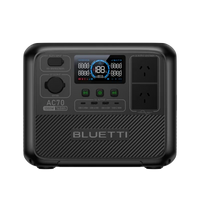

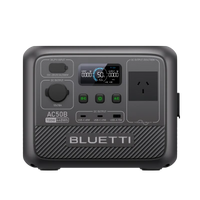

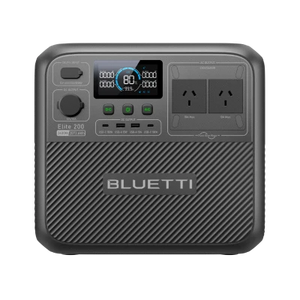
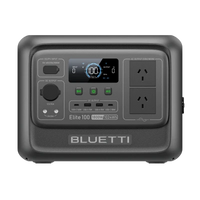
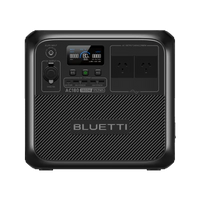
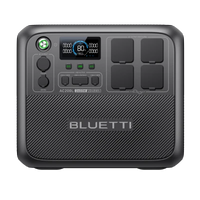
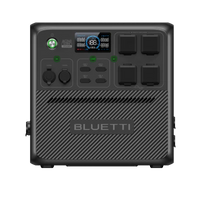
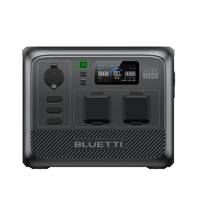
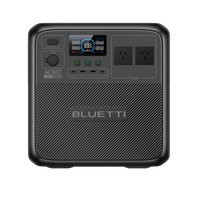


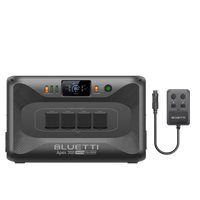

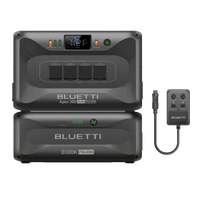
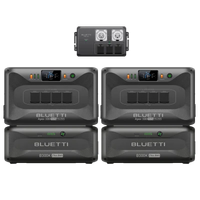
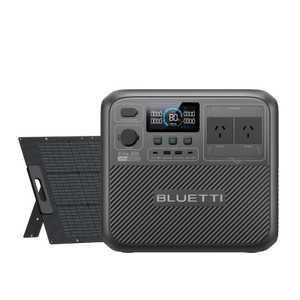
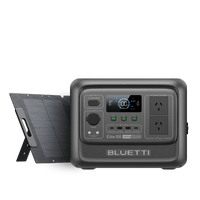
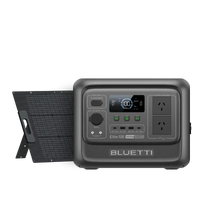
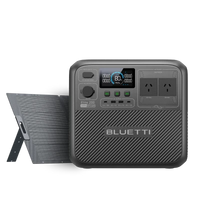
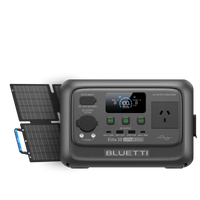
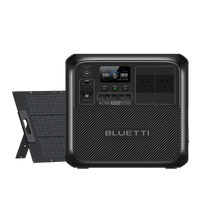
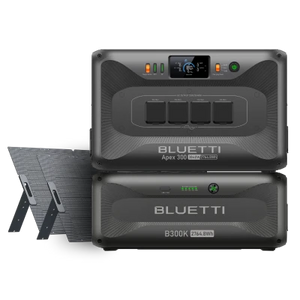



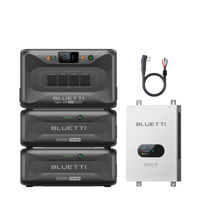


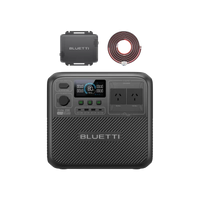
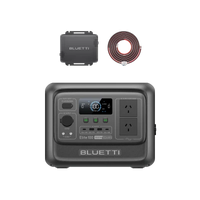
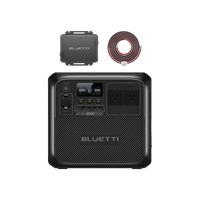
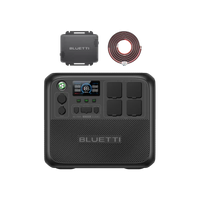
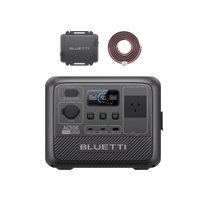
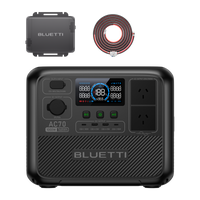



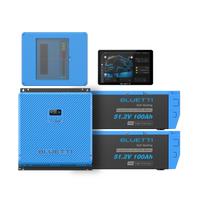


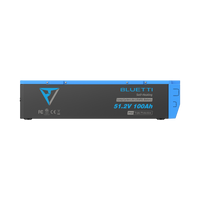

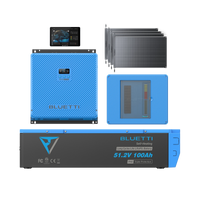







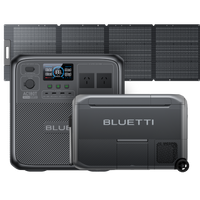


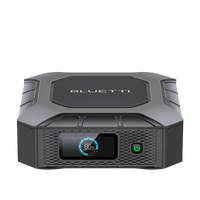





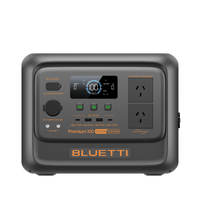
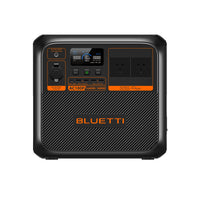

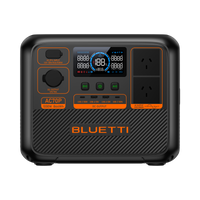
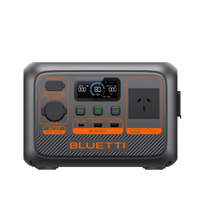

![[Phased Out] BLUETTI B80P Expansion Battery | 806Wh](http://www.bluettipower.com.au/cdn/shop/files/202310025B80P_2000-2000px_4_4caa0c1c-4dab-4272-9e9b-2b7507e5bd81.jpg?v=1713777870&width=200)
![[Phased Out] BLUETTI B210P Expansion Battery | 2,150Wh](http://www.bluettipower.com.au/cdn/shop/files/2_08cf9ef3-03a4-4489-b641-d3edb8094896.webp?v=1716016566&width=200)
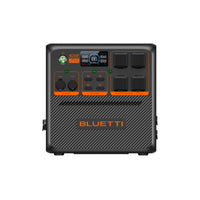
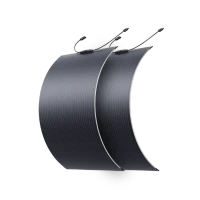
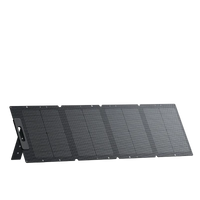
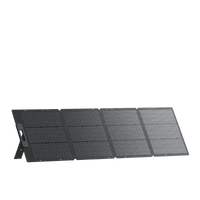
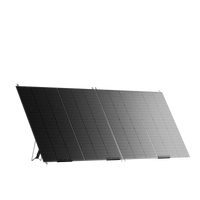

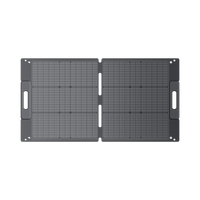

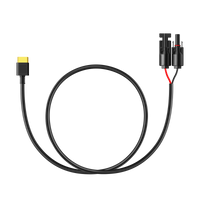
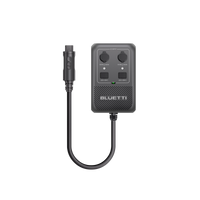
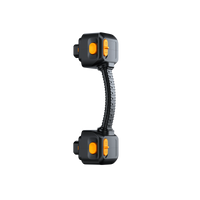
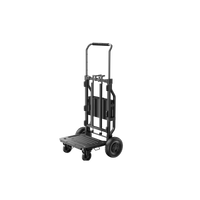

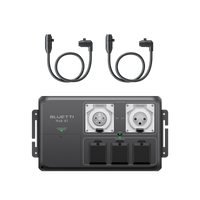
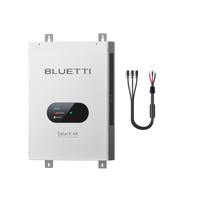
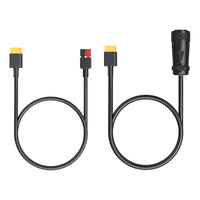
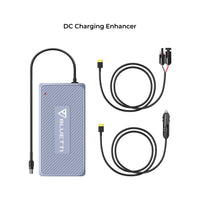

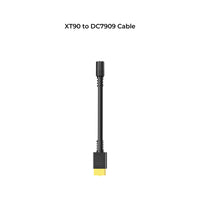
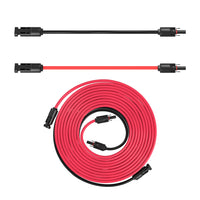
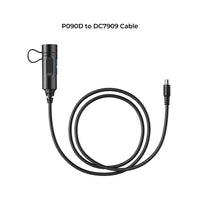
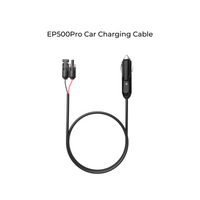
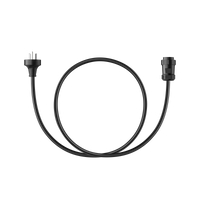
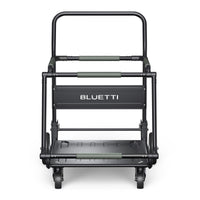

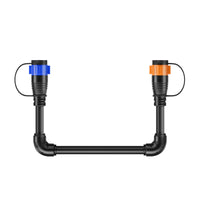



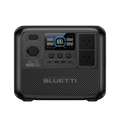
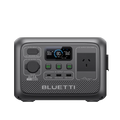
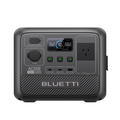


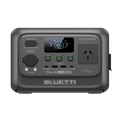
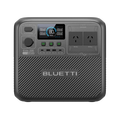
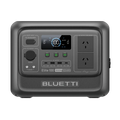
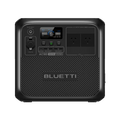
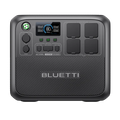
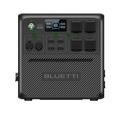
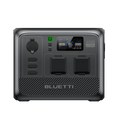
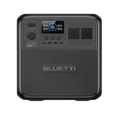


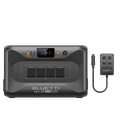

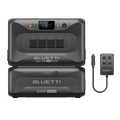
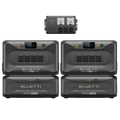




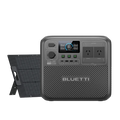
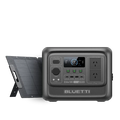
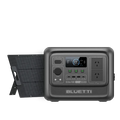
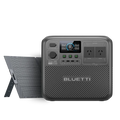
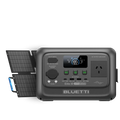
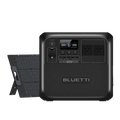
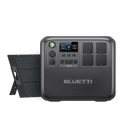
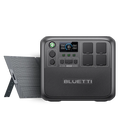




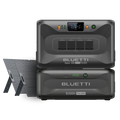

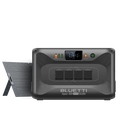
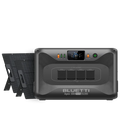
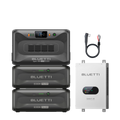



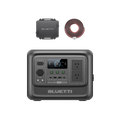



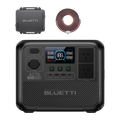









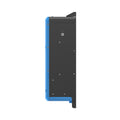











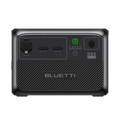
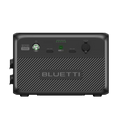


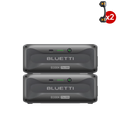
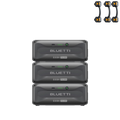





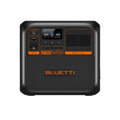


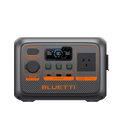

![[Phased Out] BLUETTI B80P Expansion Battery | 806Wh](http://www.bluettipower.com.au/cdn/shop/files/202310025B80P_2000-2000px_4_4caa0c1c-4dab-4272-9e9b-2b7507e5bd81.jpg?v=1713777870&width=120)
![[Phased Out] BLUETTI B210P Expansion Battery | 2,150Wh](http://www.bluettipower.com.au/cdn/shop/files/2_08cf9ef3-03a4-4489-b641-d3edb8094896.webp?v=1716016566&width=120)
